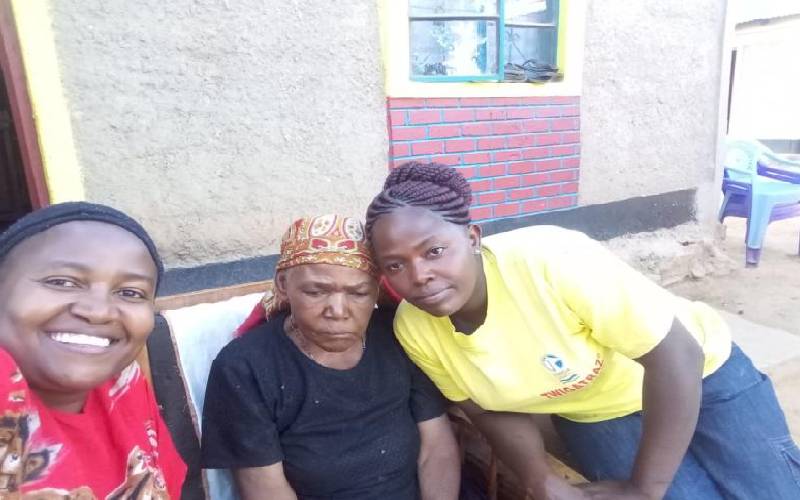 For Stella Musau, 45, walking her 71-year-old mother, Veronica Musau through Alzheimer’s has been a journey of uncertainty and living a day at a time.
For Stella Musau, 45, walking her 71-year-old mother, Veronica Musau through Alzheimer’s has been a journey of uncertainty and living a day at a time.
Our mother experienced a sudden memory loss sometime in 2011. It all started when some women in a group where she was the treasurer told us that she wasn’t keen at her job in the group. They also accused her of receiving money from other members and denying she had taken it. After a few such incidences, they reached out to us and this was the beginning of our journey with Alzheimer’s.